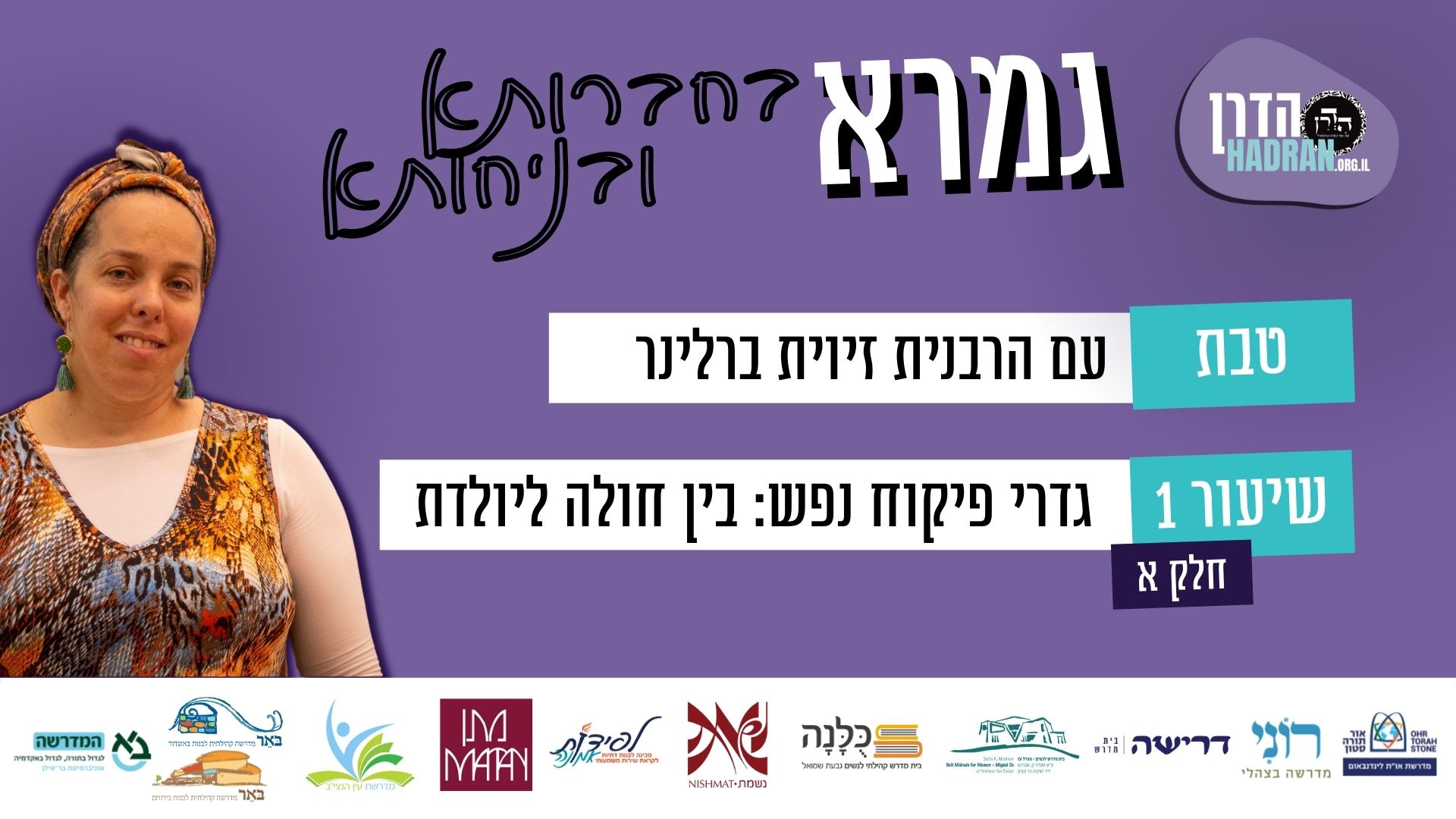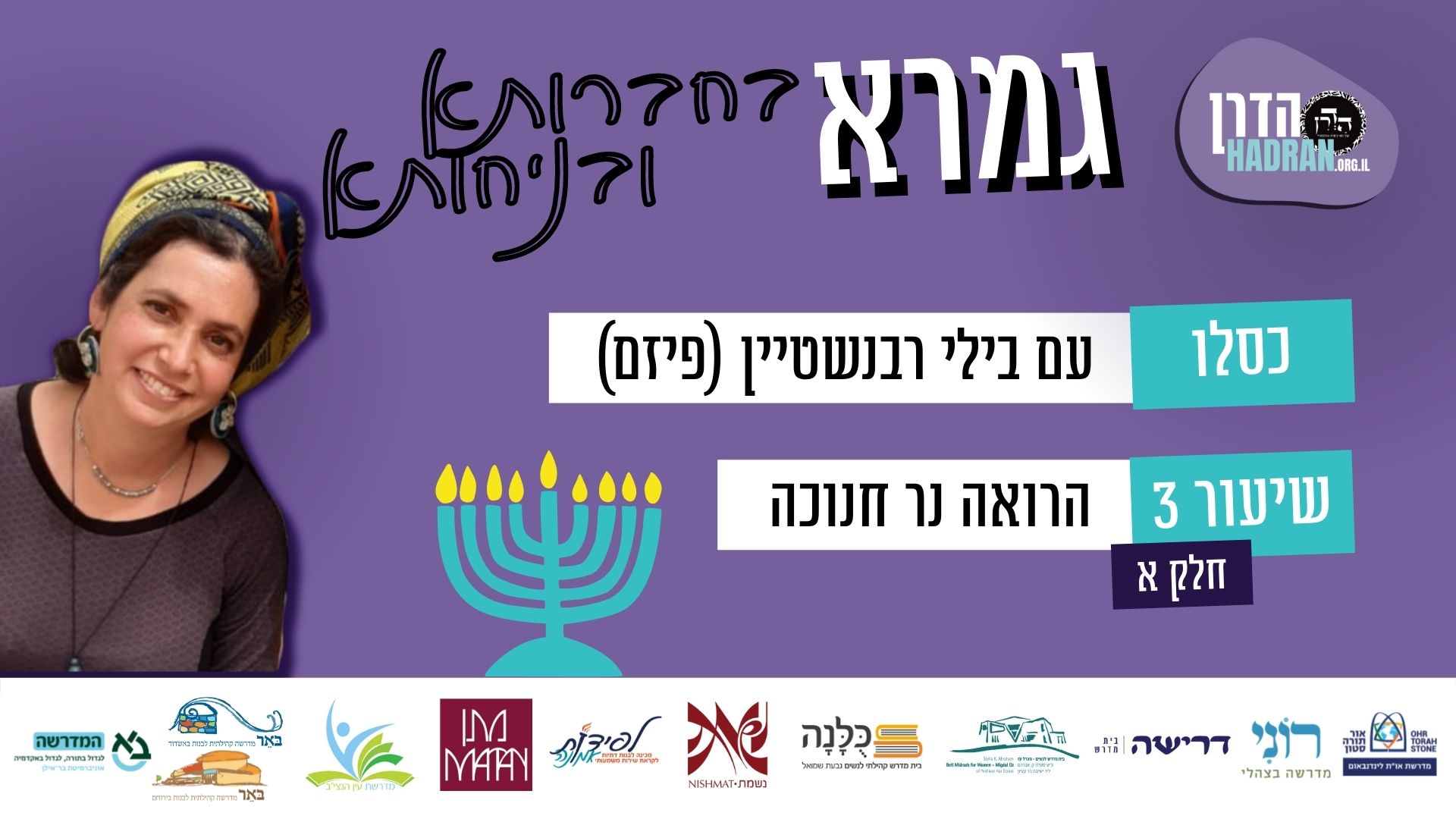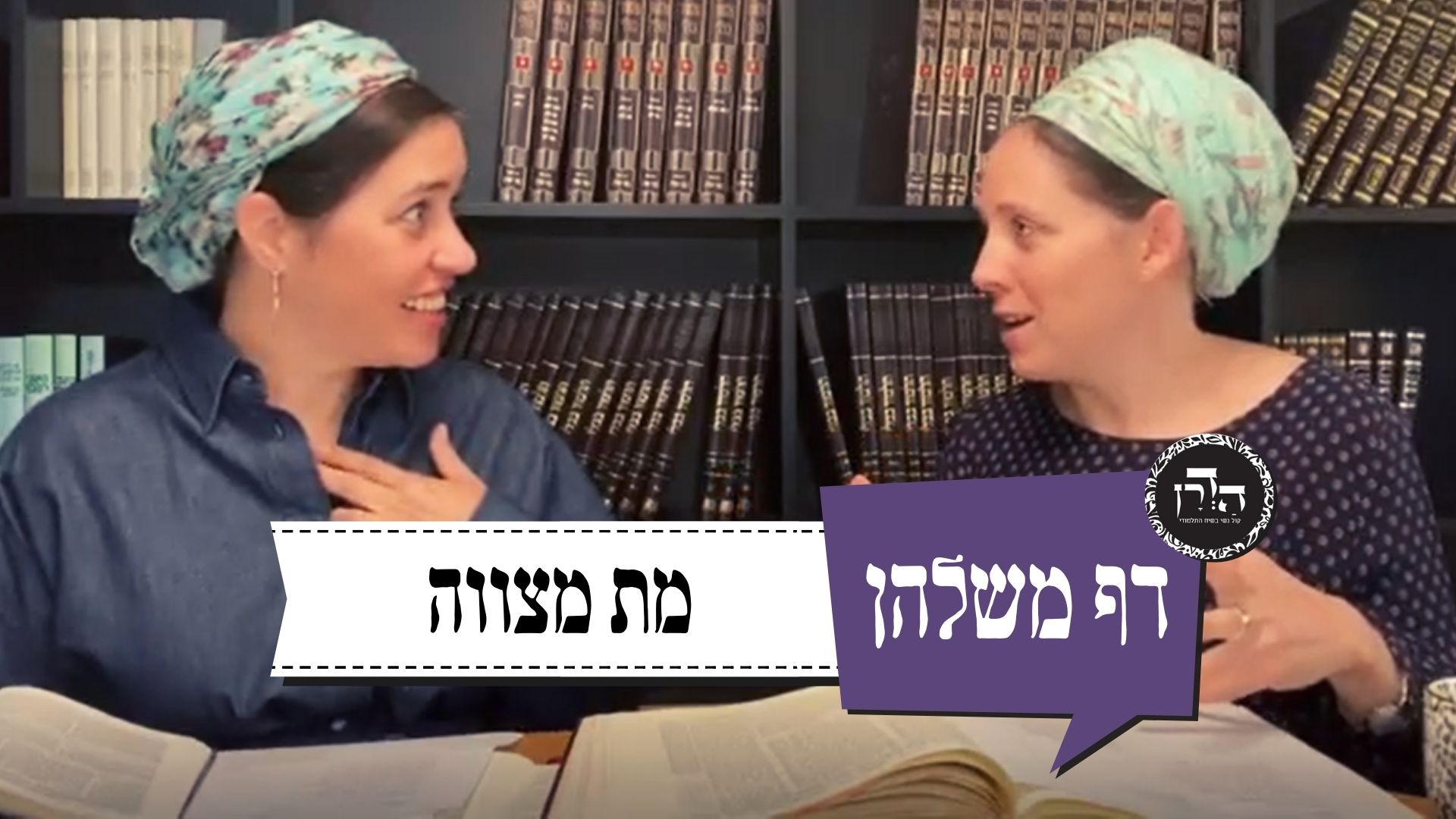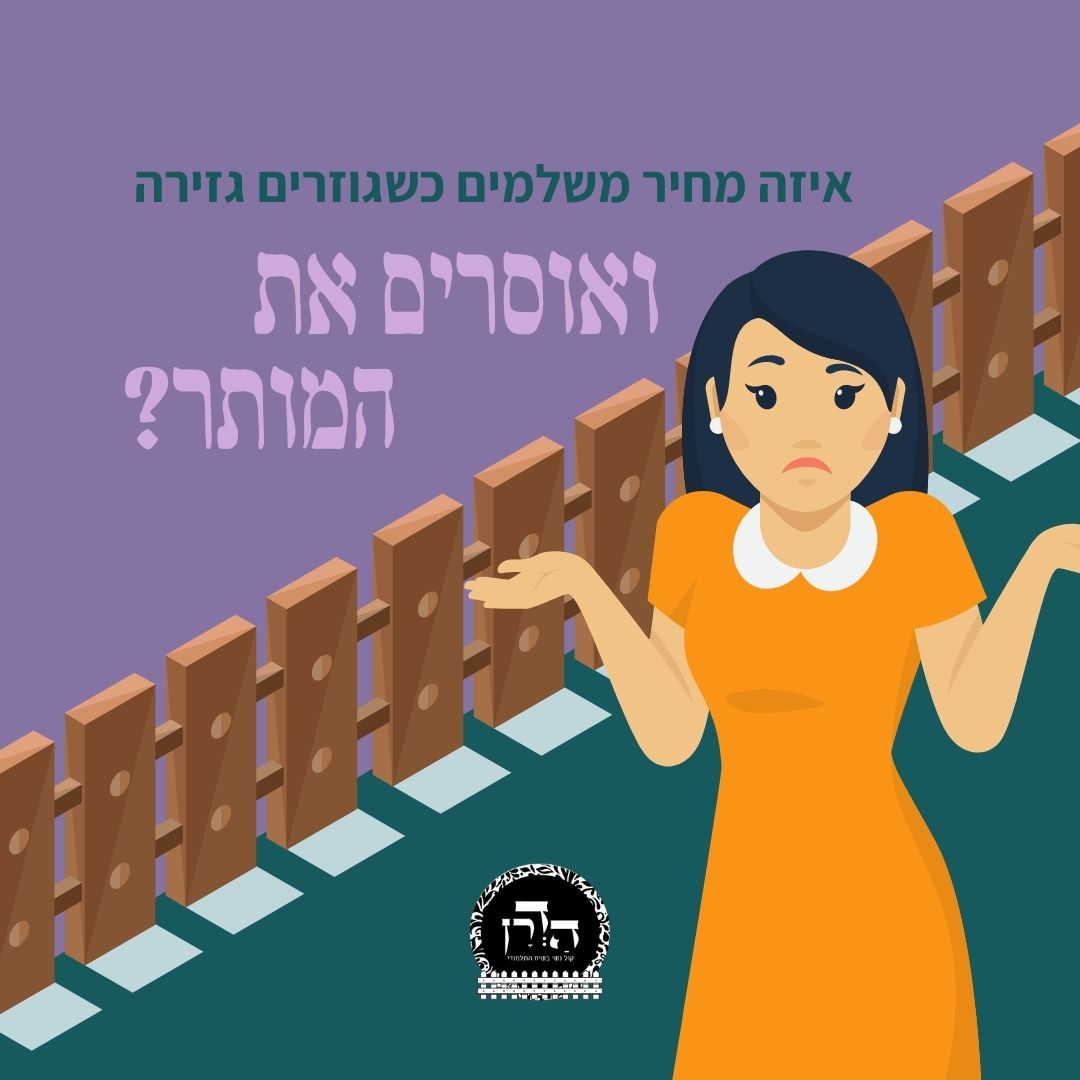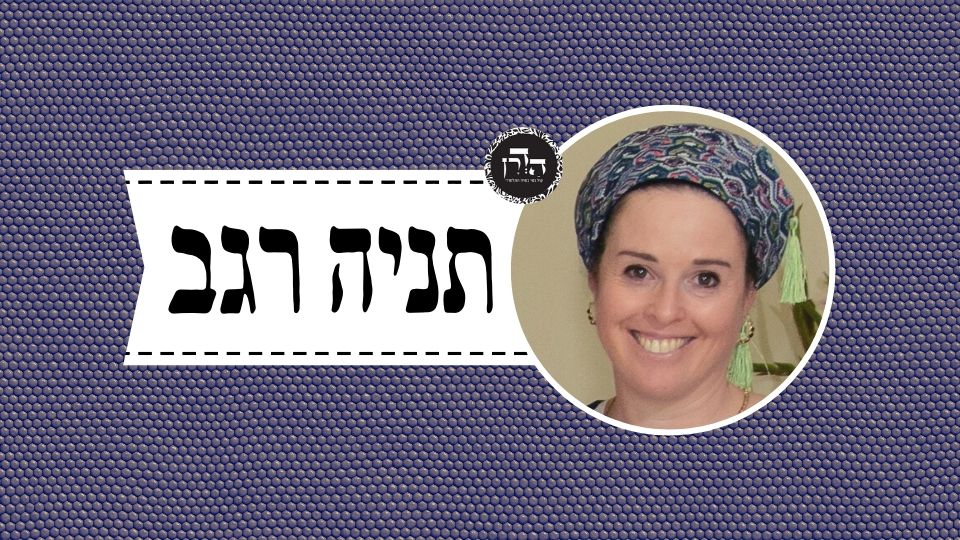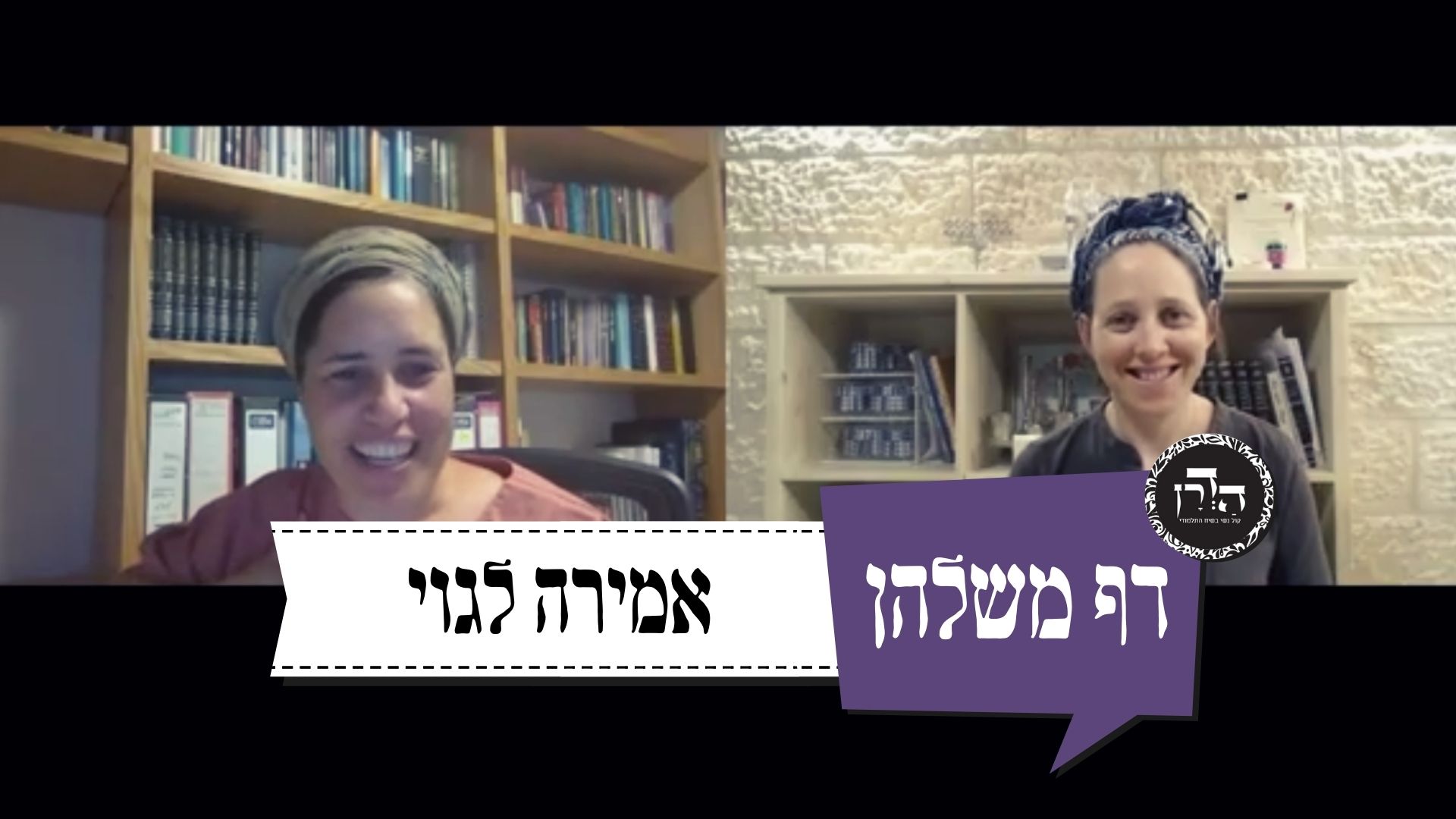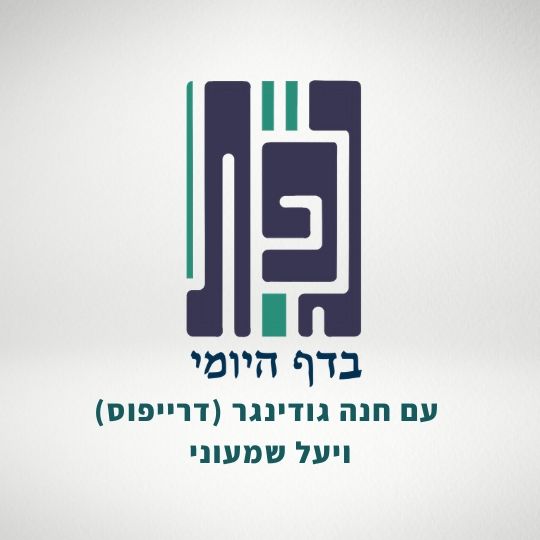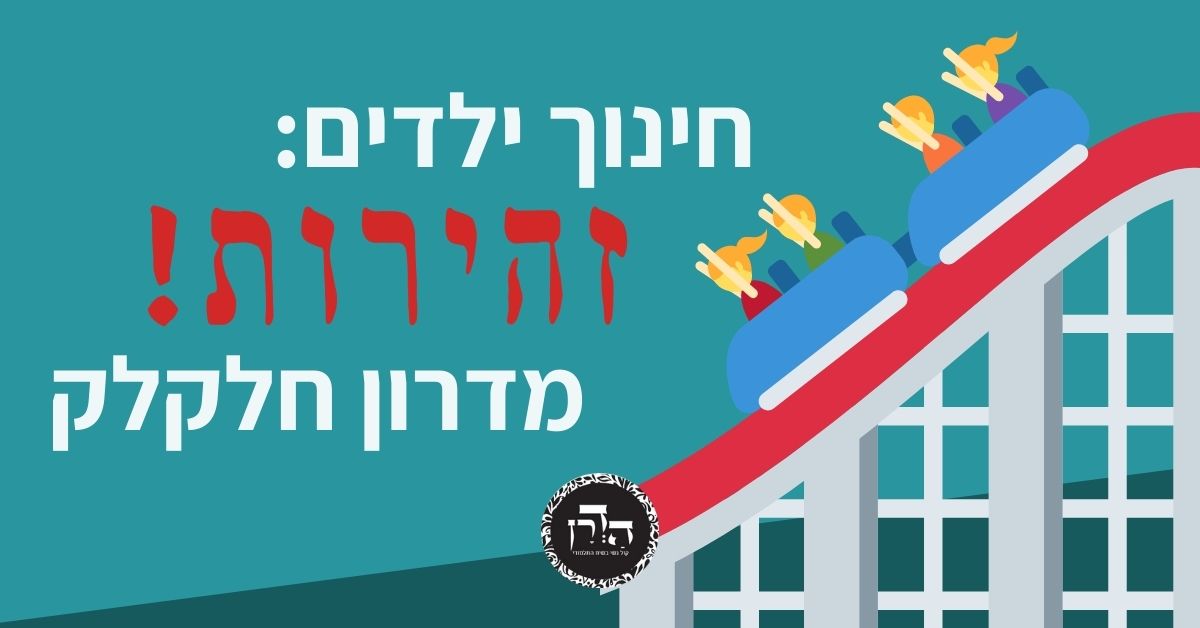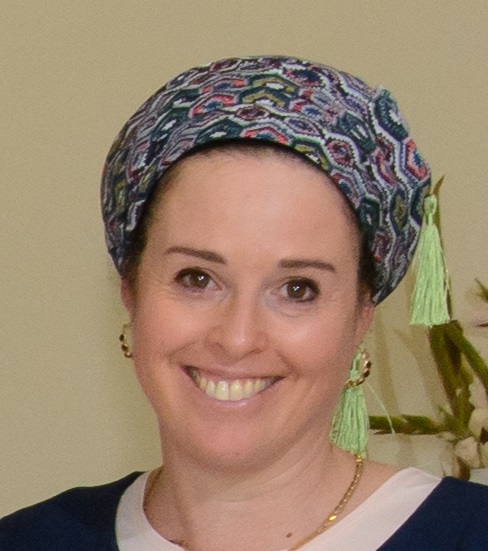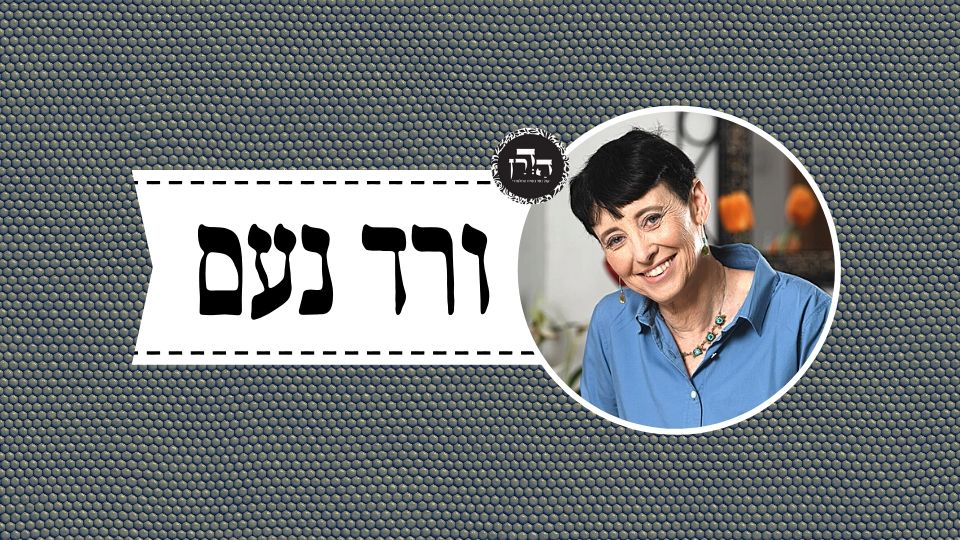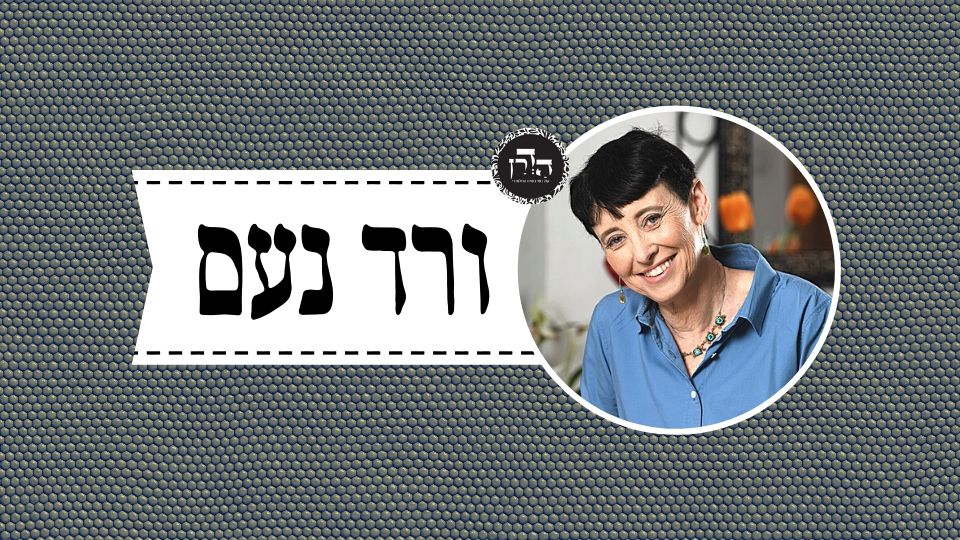שבת ג
בָּבָא דְרֵישָׁא, פָּטוּר וּמוּתָּר לָא קָתָנֵי. אֶלָּא בָּבָא דְסֵיפָא, דְּפָטוּר אֲבָל אָסוּר — קַשְׁיָא.
the first section of the mishna speaks of cases in which the one performing the actions is exempt from punishment by Torah law, and even by rabbinic law he is ab initio permitted to perform those actions. When the poor person or homeowner neither lifted nor placed the object, i.e., the object was placed into or removed from their hands by others, their role is insignificant. Therefore, it was not taught in the mishna, and those cases were not factored into the total number of acts of carrying from domain to domain. However, with regard to the latter section of the mishna, where the person performing those actions is exempt by Torah law, but his actions are prohibited by rabbinic law, it is difficult. Since the Sages prohibited those actions, they should be included in the total in the mishna, which should be twelve, not eight.
מִי אִיכָּא בְּכוּלֵּי שַׁבָּת ״פָּטוּר וּמוּתָּר״?! וְהָאָמַר שְׁמוּאֵל: כֹּל פְּטוּרֵי דְשַׁבָּת פָּטוּר אֲבָל אָסוּר, בַּר מֵהָנֵי תְּלָת דְּפָטוּר וּמוּתָּר: צֵידַת צְבִי, וְצֵידַת נָחָשׁ, וּמֵפִיס מוּרְסָא!
Incidentally, the Gemara wonders: Is there, in all the halakhot of Shabbat, an act for which the mishna deems one exempt and the act is permitted? Didn’t Shmuel say: With regard to all exempt rulings in the halakhot of Shabbat, although one who performs the action is exempt by Torah law, his action is prohibited by rabbinic law. This applies to all cases except for these three cases for which one is exempt and he is permitted to perform the action: Trapping a deer, where he does not actually trap it, rather he sits in the entrance of a house that a deer had previously entered on its own, preventing its exit; and trapping a poisonous snake because of the danger that it poses; and one who drains an abscess, meaning one who lances the boil of pus and drains the liquid from it. If so, the cases in the first section of our mishna, where the ruling is exempt, must be understood as exempt but prohibited.
כִּי אִיצְטְרִיךְ לֵיהּ לִשְׁמוּאֵל, פְּטוּרֵי דְּקָא עָבֵיד מַעֲשֶׂה, פְּטוּרֵי דְּלָא קָא עָבֵיד מַעֲשֶׂה אִיכָּא טוּבָא.
The Gemara answers: In these cases, too, the ruling is: Exempt and permitted. When, though, was it necessary for Shmuel to cite specific cases as exempt and permitted? It was necessary in exempt cases where he performs a defined action. However, there are many exempt cases where he does not perform an action, which are completely permitted.
מִכׇּל מָקוֹם, תַּרְתֵּי סְרֵי הָוְיָין! פְּטוּרֵי דְּאָתֵי בְּהוּ לִידֵי חִיּוּב חַטָּאת — קָא חָשֵׁיב, דְּלָא אָתֵי בְּהוּ לִידֵי חִיּוּב חַטָּאת — לָא קָא חָשֵׁיב.
The Gemara returns to Rav Mattana’s question: In any case, there are twelve actions that should have been enumerated in the mishna. The Gemara answers: The mishna took into consideration cases of exempt acts where the one who performed them could come, through their performance, to incur liability to bring a sin-offering. The mishna did not take into consideration cases of exempt acts where the one who performed them could not come, through their performance, to incur liability to bring a sin-offering. Here, only the instances where one lifts an object from its place are taken into consideration. Having lifted an object, if he continued, he could potentially incur liability to bring a sin-offering. Under no circumstances can one who merely places an object come to violate a more serious prohibition.
שְׁנֵיהֶן פְּטוּרִין, וְהָא אִתְעֲבִידָא מְלָאכָה מִבֵּינַיְיהוּ? תַּנְיָא רַבִּי אוֹמֵר: ״מֵעַם הָאָרֶץ בַּעֲשׂוֹתָהּ״, הָעוֹשֶׂה אֶת כּוּלָּהּ, וְלֹא הָעוֹשֶׂה אֶת מִקְצָתָהּ. יָחִיד וְעָשָׂה אוֹתָהּ — חַיָּיב, שְׁנַיִם וְעָשׂוּ אוֹתָהּ — פְּטוּרִין. אִיתְּמַר נָמֵי, אָמַר רַבִּי חִיָּיא בַּר גַּמְדָּא: נִזְרְקָה מִפִּי חֲבוּרָה וְאָמְרוּ: ״בַּעֲשֹׂתָהּ״, יָחִיד שֶׁעֲשָׂאָהּ — חַיָּיב, שְׁנַיִם שֶׁעֲשָׂאוּהָ — פְּטוּרִין.
The Gemara asks about the mishna itself: In the latter section of the mishna, instances in which they are both exempt are enumerated. However, wasn’t a prohibited labor performed between the two of them? Since together they performed an act prohibited by a severe Torah prohibition, how is it possible that their partnership will result in both being exempt? The Gemara answers that it was taught in a baraita that Rabbi Yehuda HaNasi said: It is written: “And if one soul sins unwittingly from the people of the land when he does it, one of the laws of God that should not be done and he is responsible” (Leviticus 4:27). The verse’s emphasis on the words “when he does it” means: One who does all of it, i.e., the entire transgression, is liable and not one who does part of it. Therefore, an individual, and he performed an action in its entirety, is liable. However, two people, and they performed an action together, are not liable, as each one performed only part of the action. The Gemara comments: It was also stated in support of Rabbi Yehuda HaNasi’s opinion: Rabbi Ḥiyya bar Gamda said: Amidst a discussion of these matters, it emanated from the group of Sages and they said: From the verse’s emphasis on “when he does it” it is derived: An individual who performed it is liable. However, two who performed it are not liable.
בְּעָא מִינֵּיהּ רַב מֵרַבִּי: הִטְעִינוֹ חֲבֵירוֹ אוֹכָלִין וּמַשְׁקִין, וְהוֹצִיאָן לַחוּץ, מַהוּ? עֲקִירַת גּוּפוֹ כַּעֲקִירַת חֵפֶץ מִמְּקוֹמוֹ דָּמֵי, וּמִיחַיַּיב, אוֹ דִילְמָא לָא? אֲמַר לֵיהּ: חַיָּיב, וְאֵינוֹ דּוֹמֶה לְיָדוֹ. מַאי טַעְמָא? — גּוּפוֹ נָיַיח, יָדוֹ לָא נָיַיח.
Rav raised a dilemma before Rabbi Yehuda HaNasi: One whom another person loaded with food and drink on his back in the private domain on Shabbat, and he carried them out while they were still on his back, what is the halakha with regard to the prohibition of carrying out on Shabbat? Clearly, one who lifts an object with his hand in the private domain, and carries it out into the public domain is liable, as he performed the complete act of carrying out. However, in the case of one who is laden with an object; is moving his body from its place in the private domain considered like lifting the object itself from its place? In that case, he would be liable. Or, perhaps it is not considered like lifting the object from its place, and therefore he would not be liable. Rabbi Yehuda HaNasi said to him: He is liable, and it is not similar to the halakha of one who had an object placed in his hand and carried it out to the public domain, with regard to which we learned in the mishna that he is not liable by Torah law. What is the reason for the distinction between these two apparently similar cases? His body is at rest, in a defined place. However, his hand is not at rest. Since a hand is not generally fixed in one place, moving it and even transferring it to a different domain without a bona fide act of lifting is not considered lifting. However, the body is generally fixed in one place. Moving it from its place is considered lifting in terms of Shabbat, and he is liable for doing so.
אֲמַר לֵיהּ רַבִּי חִיָּיא לְרַב: בַּר פַּחֲתֵי! לָא אָמֵינָא לָךְ, כִּי קָאֵי רַבִּי בְּהָא מַסֶּכְתָּא לָא תְּשַׁיְּילֵיהּ בְּמַסֶּכְתָּא אַחֲרִיתִי, דִּילְמָא לָאו אַדַּעְתֵּיהּ. דְּאִי לָאו דְּרַבִּי גַּבְרָא רַבָּה הוּא — כַּסֵּפְתֵּיהּ, דִּמְשַׁנֵּי לָךְ שִׁינּוּיָא דְּלָאו שִׁינּוּיָא הוּא.
Rabbi Ḥiyya said to Rav, his sister’s son: Son of great men, didn’t I tell you that when Rabbi Yehuda HaNasi is involved in this tractate do not ask him questions in another tractate, as perhaps it will not be on his mind and he will be unable to answer? The dilemma that Rav asked was not related to the subject matter of the tractate which they were studying. As, had it not been for the fact that Rabbi Yehuda HaNasi is a great man, you would have shamed him, as he would have been forced to give you an answer that is not an appropriate answer.
הַשְׁתָּא מִיהַת שַׁפִּיר מְשַׁנֵּי לָךְ. דְּתַנְיָא: הָיָה טָעוּן אוֹכָלִין וּמַשְׁקִין מִבְּעוֹד יוֹם, וְהוֹצִיאָן לַחוּץ מִשֶּׁחָשֵׁיכָה — חַיָּיב, לְפִי שֶׁאֵינוֹ דּוֹמֶה לְיָדוֹ.
Now, he was involved in another tractate. Nevertheless, he answered you well, as it was taught in a baraita: One who was laden with food and drink while it was still day, before Shabbat began, and, consequently, did not perform the act of lifting on Shabbat, and he carried them out into the public domain after dark on Shabbat is liable. Since, as a rule, his body is fixed in one place, moving it is considered like lifting an object, and he is liable. It is not similar to lifting his hand and moving it from place to place. Since his hand is not fixed in one place, moving it is not considered lifting.
אָמַר אַבָּיֵי: פְּשִׁיטָא לִי יָדוֹ שֶׁל אָדָם אֵינָהּ לֹא כִּרְשׁוּת הָרַבִּים וְלֹא כִּרְשׁוּת הַיָּחִיד. כִּרְשׁוּת הָרַבִּים לָא דָּמְיָא — מִיָּדוֹ דְעָנִי. כִּרְשׁוּת הַיָּחִיד לָא דָּמְיָא — מִיָּדוֹ דְּבַעַל הַבַּיִת.
Abaye said: It is obvious to me that the hand of a person in and of itself, when he moves it out of the domain where he is located, is considered to be neither like the public domain nor like the private domain, even if it is the hand of someone standing in one of those domains. Proof that the hand is not considered like the public domain can be derived from the ruling of the mishna with regard to the hand of the poor person. As we learned with regard to the poor person who brought his hand carrying an object that he lifted from the public domain into the private domain and the homeowner took the object from his hand; the homeowner is not liable. Apparently, the hand of the poor person is not considered part of the public domain, even though he himself is located in the public domain. Proof that it is not considered like the private domain can be derived from the ruling of the mishna with regard to the hand of the homeowner. As we learned with regard to the homeowner who moved his hand carrying an object that he lifted from the private domain into the public domain and the poor person took the object from his hand; the poor person is not liable for carrying out from a private domain.
בָּעֵי אַבָּיֵי: יָדוֹ שֶׁל אָדָם, מַהוּ שֶׁתֵּעָשֶׂה כְּכַרְמְלִית? מִי קַנְסוּהּ רַבָּנַן לְאַהְדּוֹרֵי לְגַבֵּיהּ, אוֹ לָא?
However, Abaye raised a dilemma: What is the ruling with regard to the hand of a person with an object in it, when that person reached his hand into a different domain? Does it assume karmelit status? A karmelit is an intermediate domain established by the Sages that is neither a private nor a public domain. This dilemma is based on the fact that his hand left one domain and did not yet enter a second domain. In terms of practical halakha, the two sides of this dilemma are: Did the Sages penalize him and issue a rabbinic decree prohibiting him from bringing his hand with the object back to the domain where he is standing or not?
תָּא שְׁמַע: הָיְתָה יָדוֹ מְלֵאָה פֵּירוֹת וְהוֹצִיאָהּ לַחוּץ, תָּנֵי חֲדָא אָסוּר לְהַחֲזִירָהּ, וְתָנֵי אִידַּךְ מוּתָּר לְהַחֲזִירָהּ. מַאי לָאו בְּהָא קָמִיפַּלְגִי? דְּמָר סָבַר כְּכַרְמְלִית דָּמְיָא, וּמָר סָבַר לָאו כְּכַרְמְלִית דָּמְיָא?!
The Gemara says: Come and hear a resolution to this dilemma from that which we learned elsewhere, with regard to the question: What must one in the private domain do in a case where his hand was filled with fruits and he extended it outside, into the public domain? It was taught in one baraita that it is prohibited for him to bring it back into his house, and it was taught in another baraita that it is permitted for him to bring it back. Is it not with regard to this that they disagree; that the Sage in one baraita holds that his hand is like a karmelit, and the Sage in the other baraita holds that it is not like a karmelit?
לָא, דְּכוּלֵּי עָלְמָא כְּכַרְמְלִית דָּמְיָא, וְלָא קַשְׁיָא: כָּאן, לְמַטָּה מֵעֲשָׂרָה. כָּאן, לְמַעְלָה מֵעֲשָׂרָה.
The Gemara rejects this explanation: No, everyone agrees that it is like a karmelit, and yet, this is not difficult, as the difference between the baraitot can be explained in the following manner: Here, the baraita prohibiting him from bringing his hand back, is referring to a case where he took it out at a height below ten handbreadths off the ground, within the airspace of the public domain. And there, the baraita permitting him to bring his hand back, is referring to a case where he took it out at a height above ten handbreadths off the ground, outside the airspace of the public domain. Consequently, the object is considered to be neither in the public domain nor in a karmelit.
וְאִיבָּעֵית אֵימָא: אִידֵּי וְאִידֵּי לְמַטָּה מֵעֲשָׂרָה וְלָאו כְּכַרְמְלִית דָּמְיָא, וְלָא קַשְׁיָא: כָּאן מִבְּעוֹד יוֹם, כָּאן מִשֶּׁחָשֵׁיכָה. מִבְּעוֹד יוֹם — לָא קַנְסוּהּ רַבָּנַן, מִשֶּׁחָשֵׁיכָה — קַנְסוּהּ רַבָּנַן.
And if you wish, say instead that this baraita and that baraita are both referring to a case where he took his hand out to the public domain at a height below ten handbreadths, and his hand is not considered a karmelit. And yet, this is not difficult. As here, the baraita permitting him to bring it back, is referring to a case where he took it out while it was still day on Shabbat eve. Since he extended his hand before Shabbat and, in doing so, did nothing wrong, the Sages did not penalize him and permitted him to bring his hand back on Shabbat itself. However, there, the baraita prohibiting him from bringing it back, is referring to a case where he took it out after dark, and Shabbat had already begun. Since there is an element of prohibition involved, the Sages penalized him and prohibited him from bringing it back.
אַדְּרַבָּה, אִיפְּכָא מִסְתַּבְּרָא! מִבְּעוֹד יוֹם, דְּאִי שָׁדֵי לֵיהּ לָא אָתֵי לִידֵי חִיּוּב חַטָּאת — לִיקְנְסוּהּ רַבָּנַן. מִשֶּׁחָשֵׁיכָה, דְּאִי שָׁדֵי לֵיהּ אָתֵי בְּהוּ לִידֵי חִיּוּב חַטָּאת — לָא לִיקְנְסוּהּ רַבָּנַן.
The Gemara comments that this explanation is difficult. On the contrary, the opposite is reasonable. In the case where he extended his hand while it was still day, when even were he to throw the object from his hand into the public domain, he would not incur liability to bring a sin-offering because the object was lifted from its place on a weekday, let the Sages penalize him. However, in the case where he extended his hand after dark, where were he to throw the object from his hand into the public domain, he would thereby incur liability to bring a sin-offering, let the Sages not penalize him. Were the Sages to penalize him by prohibiting him from bringing his hand back, he is liable to drop the object in the public domain, and by doing so he would violate a Torah prohibition.
וּמִדְּלָא קָא מְשַׁנִּינַן הָכִי, תִּפְשׁוֹט דְּרַב בִּיבִי בַּר אַבָּיֵי. דְּבָעֵי רַב בִּיבִי בַּר אַבָּיֵי: הִדְבִּיק פַּת בַּתַּנּוּר, הִתִּירוּ לוֹ לִרְדּוֹתָהּ קוֹדֶם שֶׁיָּבֹא לִידֵי חִיּוּב חַטָּאת, אוֹ לֹא הִתִּירוּ?
And from the fact that we did not explain it that way, but preferred the contrary distinction, resolve the dilemma raised by Rav Beivai bar Abaye, whose dilemma is predicated on the same fundamental issue. As Rav Beivai bar Abaye raised the dilemma: One who unwittingly stuck bread in the oven on Shabbat, as bread was baked by sticking the dough to the sides of a heated oven, did they permit him to override a rabbinic prohibition and remove it from the oven before it bakes, i.e., before he incurs liability to bring a sin-offering for baking bread on Shabbat, or did they not permit him to do so? Removing the bread is also prohibited on Shabbat. However, its prohibition is only by rabbinic law. The fundamental dilemma is: May one violate a rabbinical prohibition in order to avoid violating a Torah prohibition or not?
תִּפְשׁוֹט דְּלֹא הִתִּירוּ. הָא לָא קַשְׁיָא, וְתִפְשׁוֹט.
Based on the above, resolve that the Sages did not permit one to do so. In resolving Abaye’s dilemma, the concern that one would likely throw the object from his hand, and thereby violate a Torah prohibition, was not taken into consideration. The one who extended his hand into the public domain was penalized by the Sages and prohibited to bring his hand back. Here too, resolve the dilemma and say that he may not remove the bread, even though he will thereby violate a Torah prohibition. The dilemma of Rav Beivai bar Abaye, which was thought to be unresolved, is thereby resolved. As a result, there is room for uncertainty whether or not the resolution of the previous dilemma, through which Rav Beivai’s dilemma would also be resolved, is valid. The Gemara rejects this difficulty: That is not difficult. It is possible that even though a resolution had not been previously found for the dilemma of Rav Beivai bar Abaye, that does not mean that it cannot be resolved And, indeed, as proof can be brought from the resolution of the other dilemma, resolve this dilemma as well.
וְאִיבָּעֵית אֵימָא, לְעוֹלָם לָא תִּפְשׁוֹט, וְלָא קַשְׁיָא: כָּאן בְּשׁוֹגֵג, כָּאן בְּמֵזִיד. בְּשׁוֹגֵג — לָא קַנְסוּהּ רַבָּנַן. בְּמֵזִיד קַנְסוּהּ רַבָּנַן.
And if you wish, say instead: Actually, do not resolve the dilemma, but, nevertheless, resolve the contradiction between the baraitot in the following manner. Here, the baraita that taught that it is permitted to bring one’s hand back is referring to a case where he extended it unwittingly. There, the baraita that taught that it is prohibited for one to bring it back is referring to a case where he took it out intentionally. When he took it out unwittingly, the Sages did not penalize him. When he took it out intentionally, the Sages penalized him and prohibited him from bringing it back.
וְאִיבָּעֵית אֵימָא, אִידֵּי וְאִידֵּי בְּשׁוֹגֵג, וְהָכָא בְּקָנְסוּ שׁוֹגֵג אַטּוּ מֵזִיד קָמִיפַּלְגִי: מָר סָבַר קָנְסוּ שׁוֹגֵג אַטּוּ מֵזִיד. וּמָר סָבַר לֹא קָנְסוּ שׁוֹגֵג אַטּוּ מֵזִיד.
And if you wish, say instead, in order to resolve the contradiction that this baraita and that baraita are both referring to a case where he took his hand out unwittingly. And here they disagree with regard to the question: Did the Sages penalize an unwitting offender due to an intentional offender? The Sage who prohibits him from bringing his hand back holds that they penalized an unwitting offender due to an intentional offender. Therefore, even though he took his hand out unwittingly, they penalized him and prohibited him from bringing the object back so that he would not come to do so intentionally. The Sage who permits him to bring it back holds that they did not penalize an unwitting offender due to an intentional offender. Therefore, they did not prohibit him from bringing it back.
וְאִיבָּעֵית אֵימָא, לְעוֹלָם לֹא קָנְסוּ, וְלָא קַשְׁיָא: כָּאן לְאוֹתָהּ חָצֵר,
And if you wish, say instead that, actually, they did not penalize an unwitting offender due to an intentional offender, and still, this is not difficult, and there is no contradiction. Here, the baraita that permits bringing it back, is referring to bringing it back to the same courtyard where he is standing.



